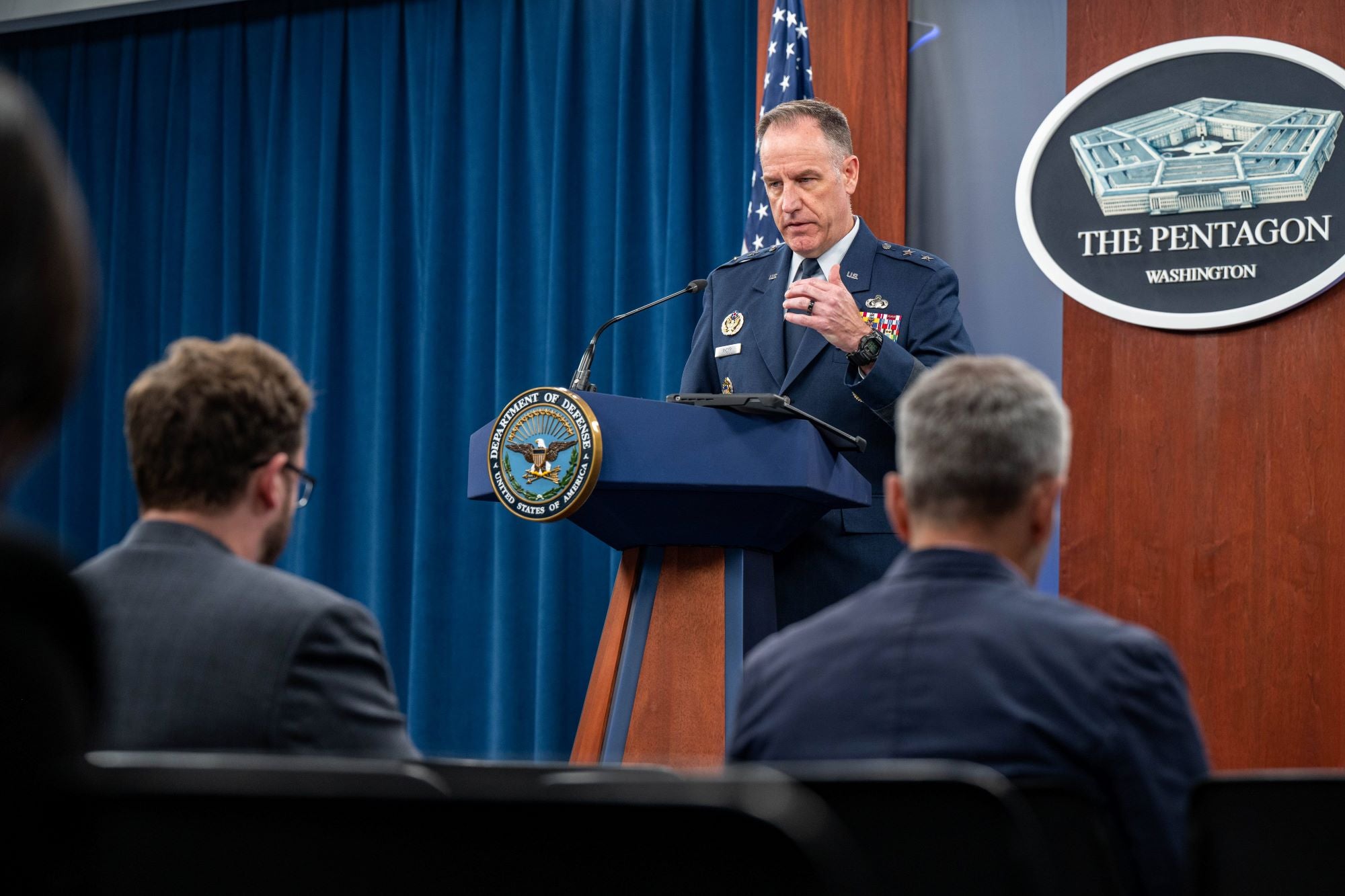A gavel rests on the judge’s bench in the courtroom of the 39th Air Base Wing legal office at Nov. 14, 2019, at Incirlik Air Base, Turkey. The Incirlik community recently witnessed its first U.S. Air Force court-martial since 2015. (U.S. Air Force photo by Staff Sgt. Joshua Magbanua)
The recent reforms in the military justice system mark a historic shift in how serious crimes, including sexual assault, are prosecuted within the United States military. As of today, the responsibility for prosecuting sexual assault and other grave offenses has been transferred from the military chain of command to newly established Offices of Special Trial Counsel (OSTCs). This significant change is part of a broader effort to address and counter the pervasive issue of sexual assault in the military and to ensure a more equitable and just system.
Background of the Reform
The need for reform in the military justice system, particularly concerning sexual assault cases, has been a long-standing issue. Historically, decisions regarding the prosecution of such cases were made within the chain of command of the accused service member. This approach raised concerns about impartiality, conflicts of interest, and a potential lack of specialized legal expertise. In response to these concerns, Secretary of Defense Lloyd J. Austin III prioritized addressing sexual assault in the military, leading to the establishment of the Independent Review Commission on Sexual Assault in the Military early in his tenure.
Establishment of the Offices of Special Trial Counsel
The OSTCs, a central component of these reforms, are led by general or flag officers who report directly to the secretaries of the military departments, ensuring a level of independence from the traditional military chain of command. The offices are staffed by military attorneys who have received specialized training and are uniquely qualified to handle complex cases of sexual assault, murder, manslaughter, kidnapping, domestic violence, stalking, child pornography, and most sexual assault and sexual misconduct cases.
Senior Defense Department officials have emphasized that the OSTCs will operate professionally and apply the best practices and procedures of civilian prosecution offices. This approach aims to restore faith in the fairness and equity of the military justice system.
Scope of the Reform
The reform primarily targets unrestricted reports of sexual assault, where the service member decides to participate in a criminal investigation and supports actions to hold the offender accountable. Victims have access to individualized and confidential assistance through special victims' counsel in the Army, victims' counsel in the Department of the Air Force, and victims' legal counsel in the Navy and Marine Corps. Sexual assault response coordinators are also available to assist in contacting attorneys and other support services.
It's important to note that for restricted reports of sexual assault, service members can still report allegations confidentially without initiating an investigation. They also have access to medical, legal, advocacy services, and can submit information to the CATCH a Serial Offender Program if they choose.
Future Steps and Ongoing Efforts
The OSTC reform is just one aspect of the Defense Department's multifaceted approach to addressing sexual assault in the military. Other crucial areas of focus include prevention, improving the overall climate and culture within the military, and enhancing care for victims. As stated by a senior DOD official, a comprehensive approach is essential to prevent these crimes and rebuild the trust and confidence of service members.
Sexual harassment is also set to become a covered offense under the new system starting January 1, 2025, for crimes committed after that date where a formal complaint is made and substantiated.
The implementation of the Offices of Special Trial Counsel represents a pivotal moment in military justice reform. By removing the prosecution of serious crimes, including sexual assault, from the military chain of command and placing it in the hands of independent, specialized legal professionals, the Department of Defense is taking a significant step towards ensuring a fairer, more just, and equitable system. This reform, born out of recommendations from the Independent Review Commission on Sexual Assault in the Military, reflects a broader commitment to addressing the deeply rooted challenges of sexual assault and misconduct within the armed forces. As these changes take effect, the military community and the nation at large will be watching closely to see the impact of these reforms on the prevalence of sexual assault in the military and the trust service members place in the system designed to protect and serve them.





Leave a comment
This site is protected by hCaptcha and the hCaptcha Privacy Policy and Terms of Service apply.